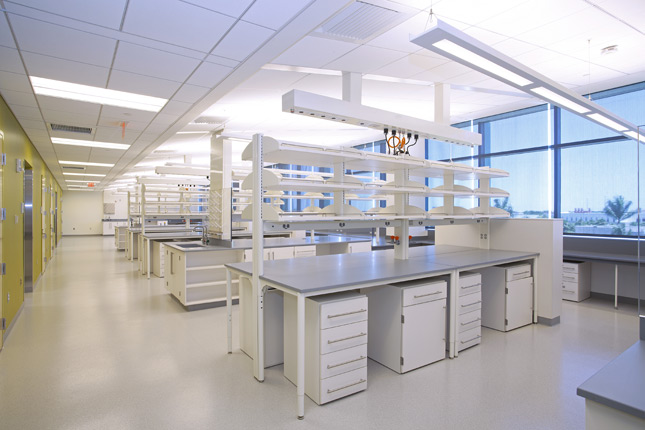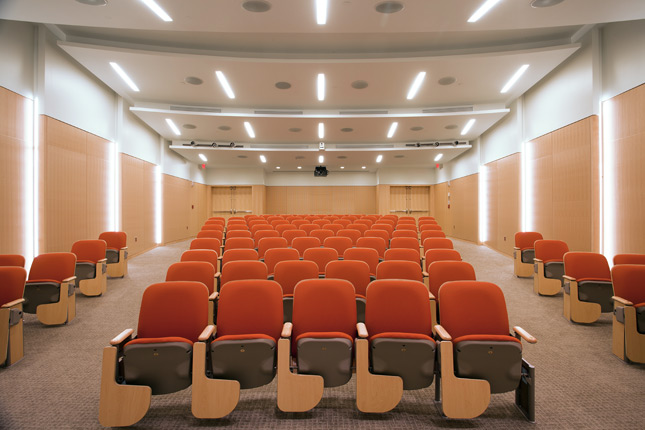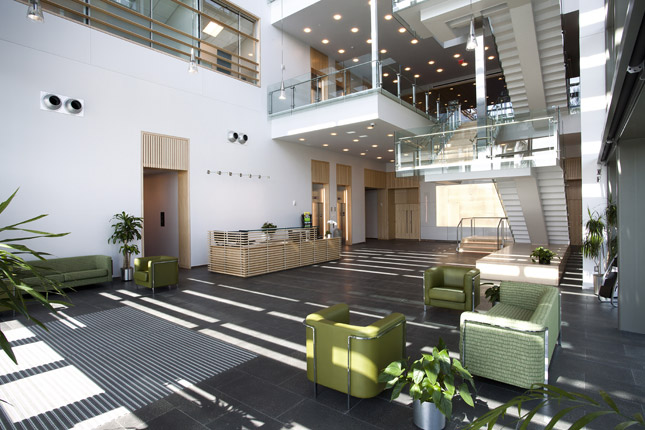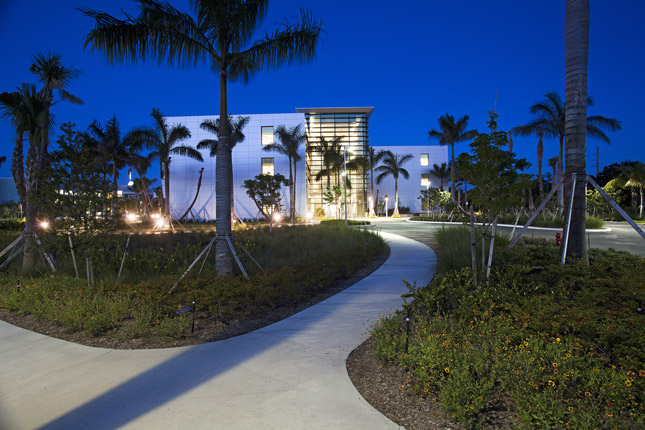With that in mind, JLL’s Project and Development Services Group recently completed one of its more unique projects for The Max Planck Society — the most successful research organization in Germany. The organization is focused on understanding how the brain functions and ultimately producing the next generation of therapies and cures.
According to David Fitzpatrick, scientific director and CEO of the Max Planck Florida Institute for Neuroscience, “The first — and only — Max Planck Institute in the United States had to be excellent in every way. The science, the facilities, and the architecture had to be first grade.”
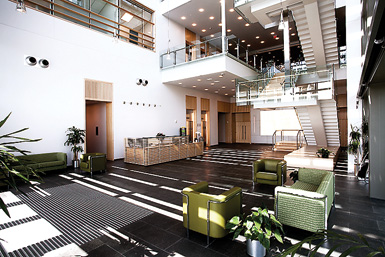
A major goal was to create an environment that promotes interaction and collaboration. This was particularly important for an institute like Max Planck, which has been designed to bring together scientists who have different expertise and different approaches, but nonetheless a common interest.
Another goal was sustainability. Fitzpatrick said they originally planned to be LEED Certified. “When JLL reviewed the project’s budget and sustainability goals, they instead encouraged us to target a higher level of certification. We shifted our focus to attaining LEED Silver. However, in the end, we even surpassed that by receiving LEED Gold, which far exceeded our initial expectations.”
JLL was awarded management of the project through a public procurement method simultaneously with the procurement of the architect and design team. The construction actually came in $4 million under budget, thanks to tight project management. This allowed Max Planck to add tweaks and items that weren’t necessarily on their radar, but would make a real difference.
“I am delighted with the results,” Fitzpatrick said. “We have an absolutely spectacular building. Everyone who walks in is in awe of the architecture. It is not only inspiring, but also conveys a sense of our mission. People who work here are proud to do their research in this building.”
